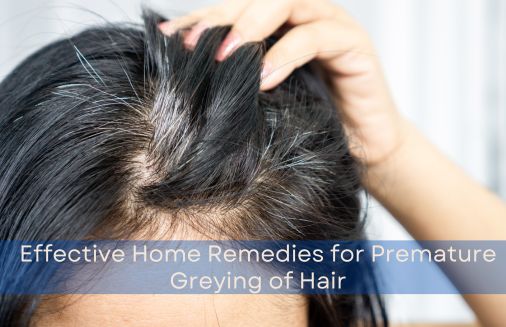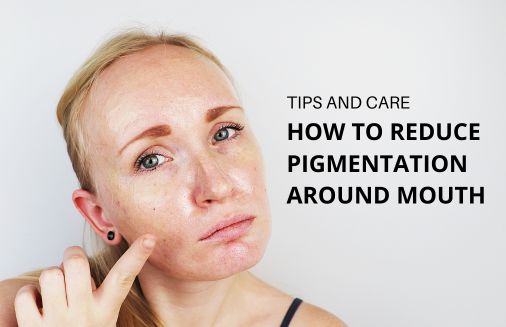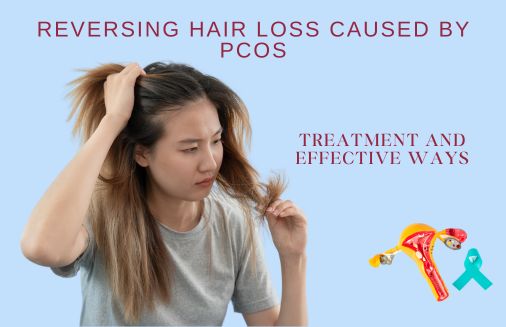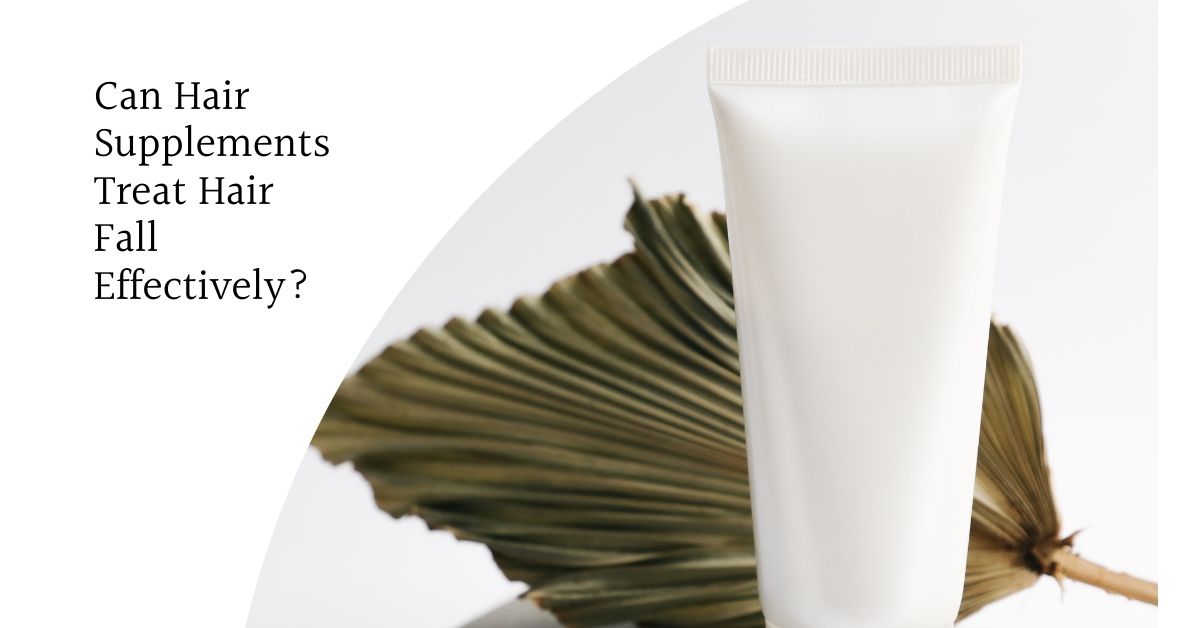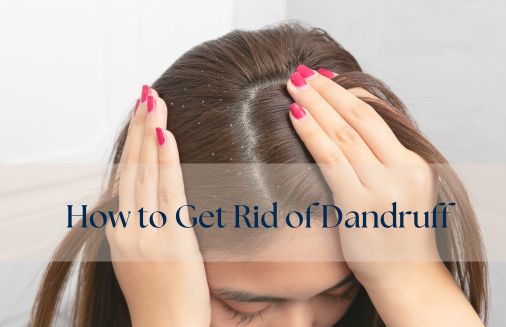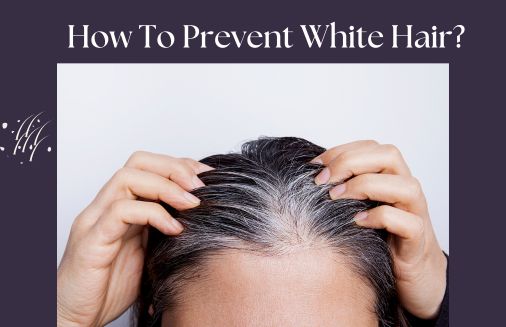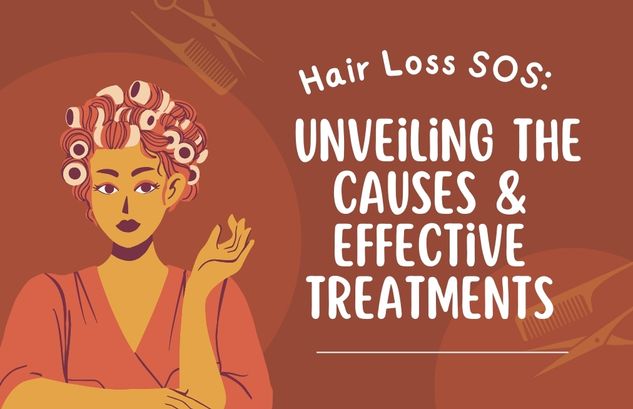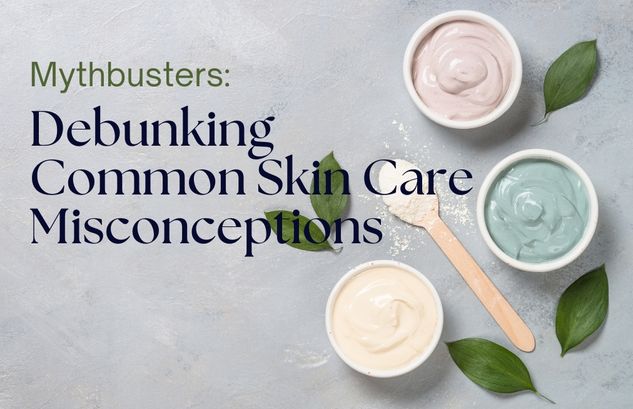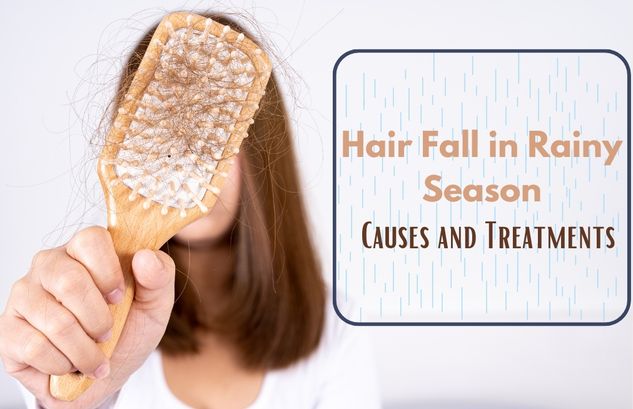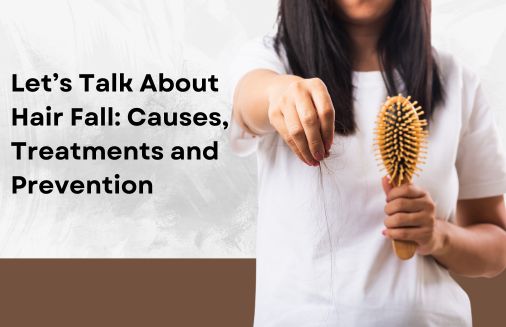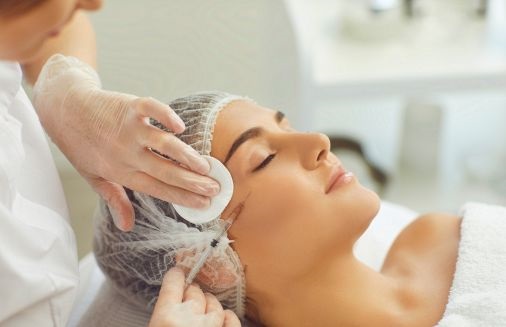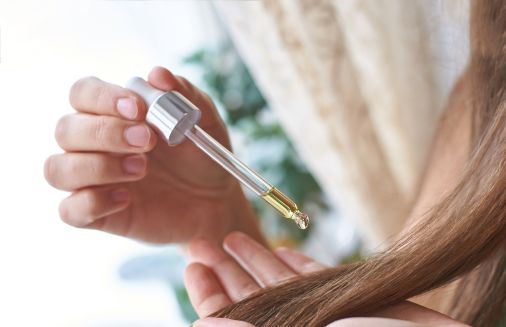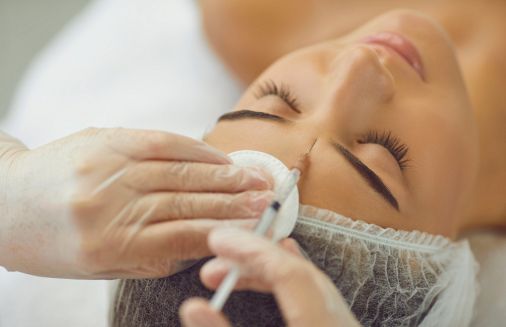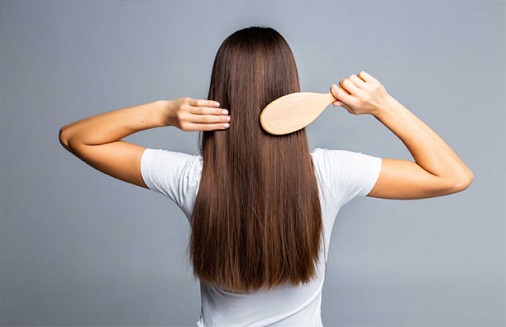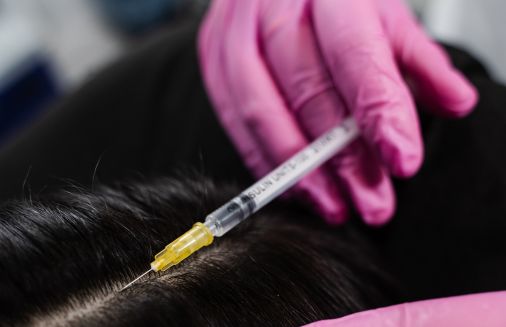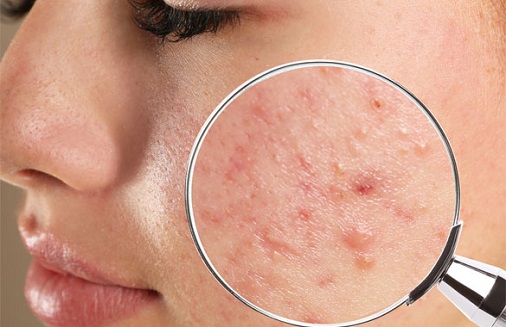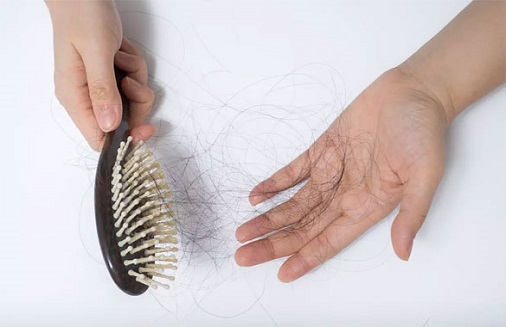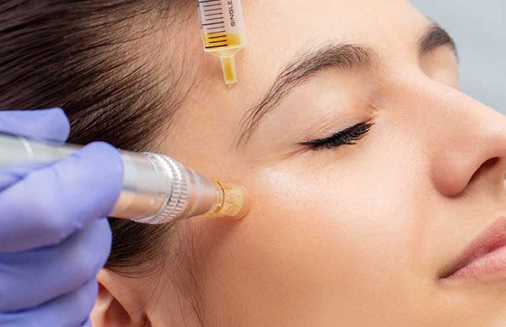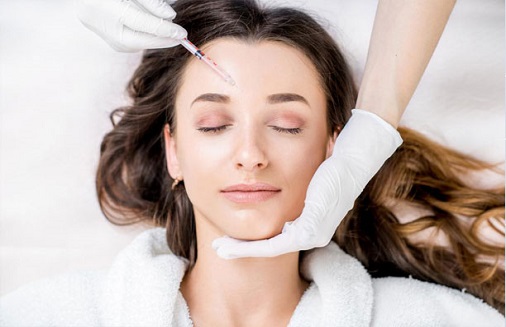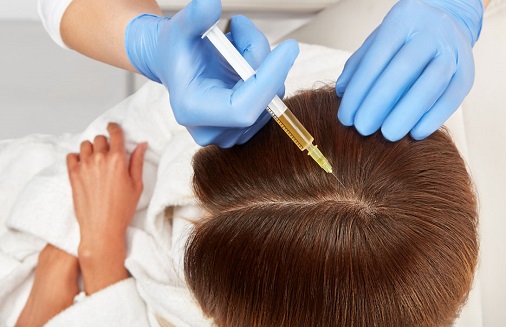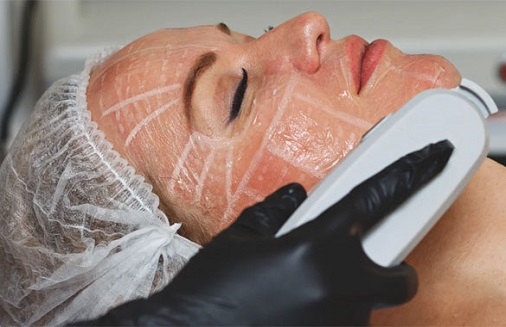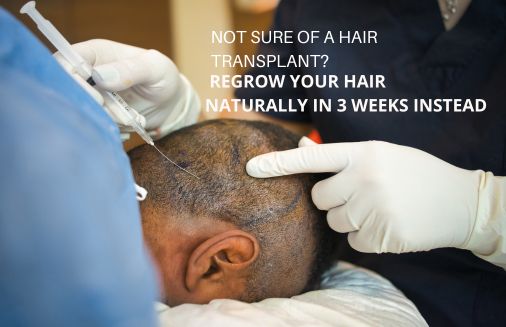
Hair loss isn’t handled well by most individuals. While some may embrace hair loss with their growing age, some may experience losing hair early on, with the eventual distress and self-esteem erosion that comes with it.
If you are losing hair more than usual, you may be wondering how to maintain a decent hair volume with any option available. Such an option is hair transplant — that gives you hope to restore your old self and to be able to look in the mirror with confidence.
However, this procedure is not meant for everyone. Since healthy hair follicles from one part of the body are transplanted onto your scalp, it may be possible for many people to not have much body hair, making them less eligible for the procedure. Some underlying medical conditions may also disqualify you from undergoing the surgery.
So in order to help you regrow hair naturally at home, we have some suggestions that you would be interested in.
Combating Hair Loss with Effective Remedies
Here’s how to stop hair loss and regrow hair naturally:
1. Massage your scalp thoroughly

Just like soil, air follicles need stimulation for healthy hair growth. Regular stimulation can ensure less scalp buildup and blood circulation, thus promoting hair growth. If you have dry or normal hair, use rosemary oil, coconut oil or any peppermint oil to massage your scalp. Make sure the oil isn’t cold and do small circular motions for about 5 to 10 minutes.
You can leave the oil in your hair for no more than 30 minutes, and then wash it with a gentle shampoo. Repeat this 3-4 times a week and you may see vibrant results.
2. Apply onion juice on the scalp

Hair loss is also caused by inflammation, and you can counter it by using onion juice. Not only does it improve hair texture but can also combat alopecia areata along with dandruff that occurs in cold weather. For this remedy, extract the juice by blending onions, apply it to the scalp and allow it to remain for a minimum of 15 minutes. Rinse it thoroughly with a shampoo.
3. Keep your diet in check

Make sure you are incorporating a balanced diet in your lifestyle, along with sleeping adequately as disturbed sleep patterns and improper diet can also contribute to hair loss. See if you can maximize your intake of omega-3 fatty acids through such as fish or fish oil and antioxidants in green vegetables.
Note: Keep hair supplements advertising Keratin and Biotin at bay if you want to address hair loss. These may not be effective and you may need to contact a dermatologist for growing hair the right way.
When to Get Hair Transplant
In a hair transplant procedure, a surgeon extracts healthy hair follicles from any area of the body and then transplants the skin graft to the affected area. This procedure resets hair growth on the scalp, giving a fuller texture.
Hair Transplant is common for men, but nowadays a lot of women are opting for the procedure to address their hair loss concerns. As widely adopted as this procedure is, many patients have their concerns, which we will be covering below:
1. Is hair transplant painful?
Hair transplantation in itself is not painful, as the surgeon injects anesthetic to numb the pain from skin grafting procedure and during the transplantation. After the procedure, some discomforting symptoms such as itching, redness, and swelling may usually linger for a few weeks.
In rare cases, there is a possibility for infection at the surgery site. If the surgeon entrusted with this procedure isn’t experienced in hair transplant or is dabbling in hair surgery, then there are possible circumstances of bleeding.
2. Is hair transplant effective?
The catch is that individual responses to the procedure can vary significantly, and the outcomes may not always be entirely predictable.
There is a chance that some grafts may not successfully integrate. It is common for the hair within the grafts to shed before new growth begins, but in some instances, the skin plug may not sustain, necessitating a repeat procedure. Additionally, patients with plug grafts may observe small bumps at the transplant sites, which can typically be concealed by surrounding hair.
3. How long do hair transplants last?
Since the skin graft is “attached” to the affected part of the scalp, it is there to stay. The usual life cycle of the hair transplant is around 10 years, but it is believed that with an exceptional aftercare routine, the hair transplant may last even longer.
Take Away
Going bald should be a matter of choice, and not circumstances. Whether it’s your hair falling in patches or alarmingly receding hairline, hair loss may cost you quality of life and the confidence to interact with others.
If you can grow your hair the natural way, you will not need a hair transplant. However, if the symptoms of hair loss persist, a qualified medical professional can help you control hair loss with other methods such as PRP(Platelet-Rich-Plasma) hair growth or hair transplant.
If you want to get your hair in good shape, we can help you. Schedule a call with our hair experts at Dermasure and we will assist you with a personalized plan and a quote for hair transplant in Delhi.








